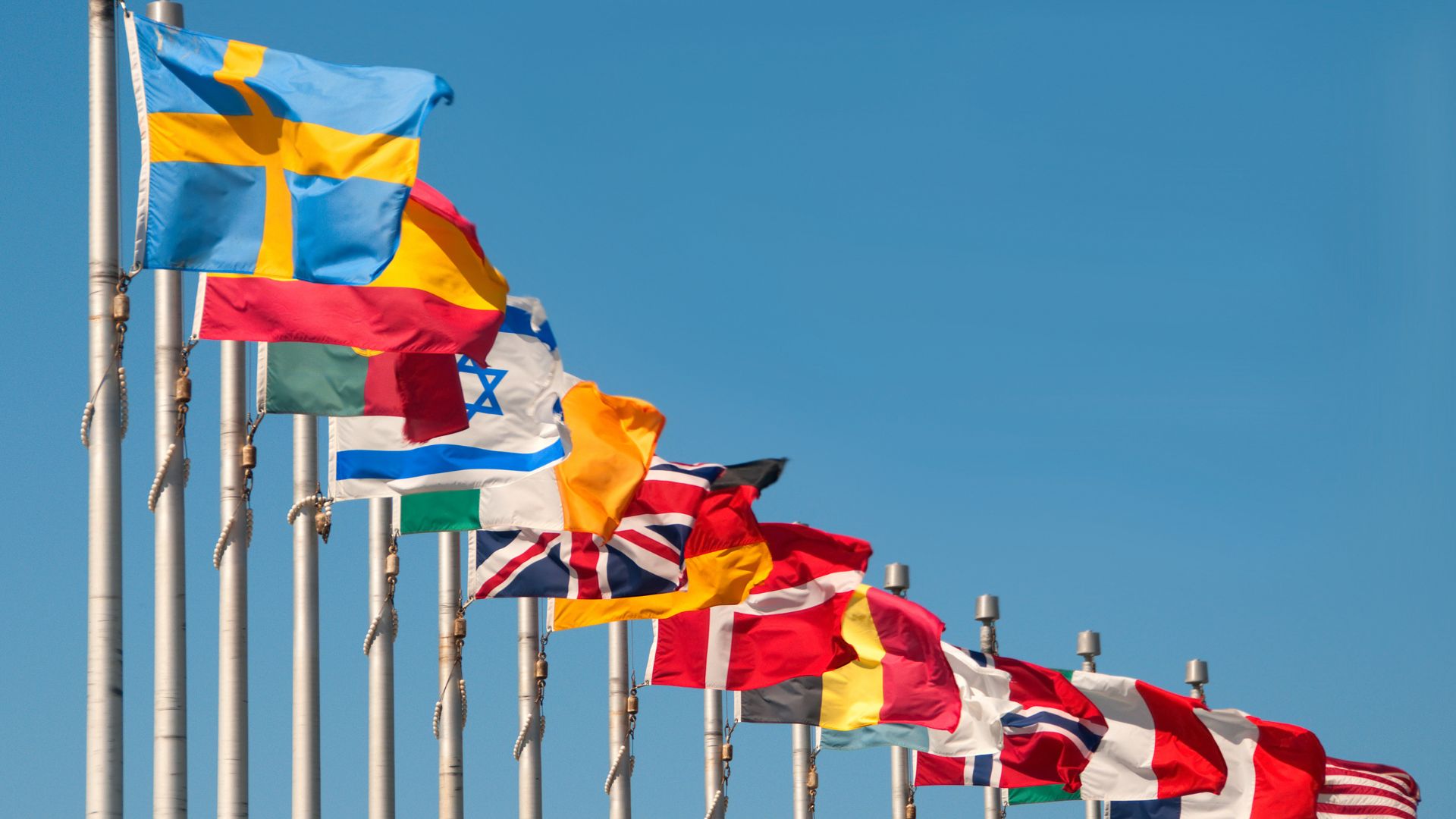By Tom Cargill, Wilton Park CEO, for the Oxford Diplomatic Dispatch
There’s a good quote from Lenin. “There are decades where nothing happens, and there are weeks when decades happen”. It has felt for the last few years that centuries worth of change are threatening to roll by in days. Covid, Russian aggression in Ukraine, climate extremes, the rise of AI – it is not that events were wholly unexpected, but as the UK Government’s Integrated Review Refresh this year underlined, it is the pace of change which has caught many by surprise.
Added complexity comes when these trends and others interact with each other, or manifest in unusual or unexpected ways. The current buzz word is that these trends amount to an age of ‘polycrisis’ – of wars, disruptions, mass migrations, climate impacts and other events all fusing together presenting new and increasingly existential threats to even advanced economies.
Perhaps because of this growing complexity, if not simply because of the technological means to do so, demand for action and reaction is also speeding up. Yet just as the scale and severity of the challenge is growing, the ability of diplomats to meet and overcome these challenges seems ever more limited, and indeed diplomats themselves risk being seen as ever more detached and aloof from the countries they serve. Why is this and how do we fix it?
The nation state is very much back as a central actor in world politics. But with growth elusive, and budgets tight, many, if not most states struggle to fund their diplomatic efforts sufficiently, on the basis that voters don’t see it as a priority on a par with health, social care or education. Both capability and influence is for the most part steadily reducing among those countries once considered major powers.
In combination with the eroding legitimacy of and funding for many of the world multilateral institutions, and disputes between P5 members, this threatens a hollowing out of international relations; with photo-opportunities and agreements serving more to bolster domestic support than to effect real change.
This contrasts with military budgets, which are rising, or relatively high, in many countries; spurred by this renewed uncertainty and sense of threat generated by failing international cooperation, itself a product of, amongst other things, insufficient diplomacy.
So a key challenge for diplomacy and its adherents, and one which will only grow, is to more persuasively articulate the links between domestic and international threats on the one hand, and the cost effectiveness of diplomacy vs defence spending on the other. As other arenas of public life have largely become flatter and more accessible, international politics has remained relatively rarified and closed – to its growing cost. There are insufficient numbers of diplomats who take a strong interest in or understanding of their own domestic politics, and occasionally a lingering sense that such things as the nation state are rather banal and even anachronistic. Meanwhile publics and, too often, governing elites, retain simplistic views of what diplomacy is and does, often dominated by assumptions of mystery and grandeur in a profession which in reality has very little of either.
Addressing this contradiction must be a priority if the scale of challenges confronting the world have any chance of being addressed. There have been some promising noises from politicians in both the US & UK in recent years, but followed by little meaningful progress, and a sense that governments lack the skills, tools or time to really make progress.
This leaves a gap for academics, experts and diplomats of the future to fill. A new language and practice of diplomacy – accessible, explainable and meaningful for domestic audiences, which makes clear both its limits and its potential to save both lives, and taxpayer money – is long overdue. The value of diplomacy to every citizen – wherever they are – has to be more persuasively articulated by foreign ministries themselves.
The challenge is steep but not insurmountable. Germany under then Foreign Minister Steinmeier undertook a national review of its foreign policy, in preparation for a larger global role, including widespread public engagement on what Germany’s foreign policy priorities should be. South Korea has undertaken a comparable exercise, and Australia has also sought greater public engagement in defining aspects of its international position in recent years. Yet these efforts remain unusual, and the UK has so far arguably missed an opportunity post-Brexit to engage meaningfully with the public on the global opportunities and choices the country faces.
That opportunity still remains; but regardless, in the face of the growing challenges that are increasingly clearly international AND domestic, all advanced economies are going to struggle until they can meaningfully convince tax payers that addressing these mounting existential challenges diplomatically is far more cost effective and safer than the alternative. This is the core challenge for diplomacy in an age of poly-crisis. For a profession of persuaders it should be possible.
This article was written for the Oxford Diplomatic Dispatch and originally published on the Oxford Diplomatic Society website: Oxford Diplomatic Dispatch — Oxford Diplomatic Society
